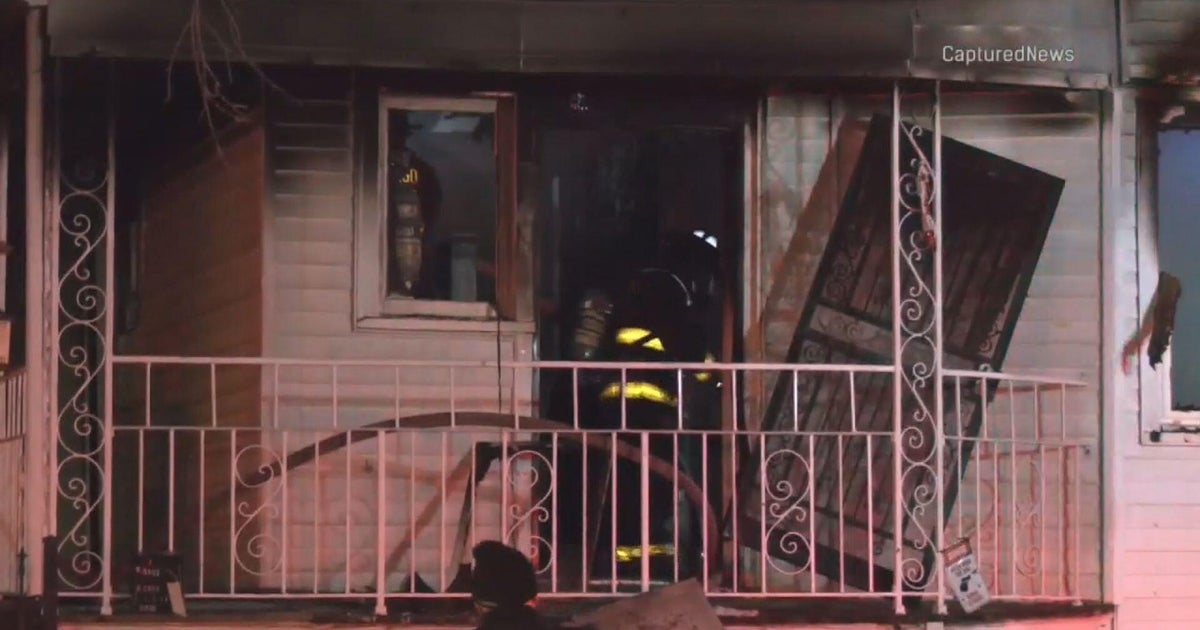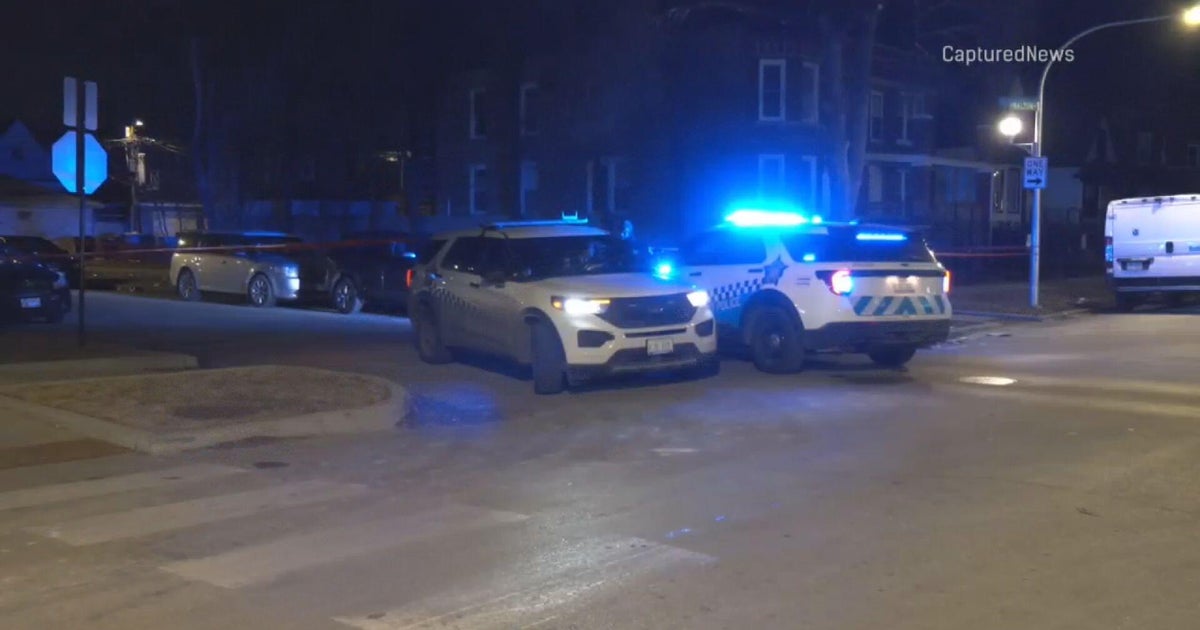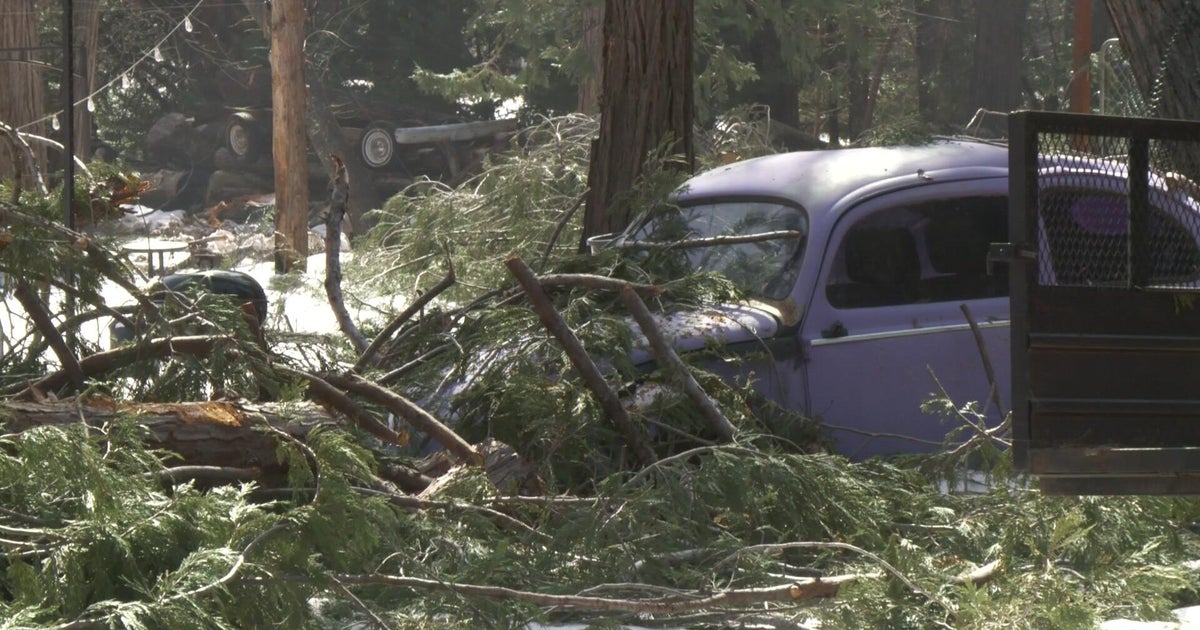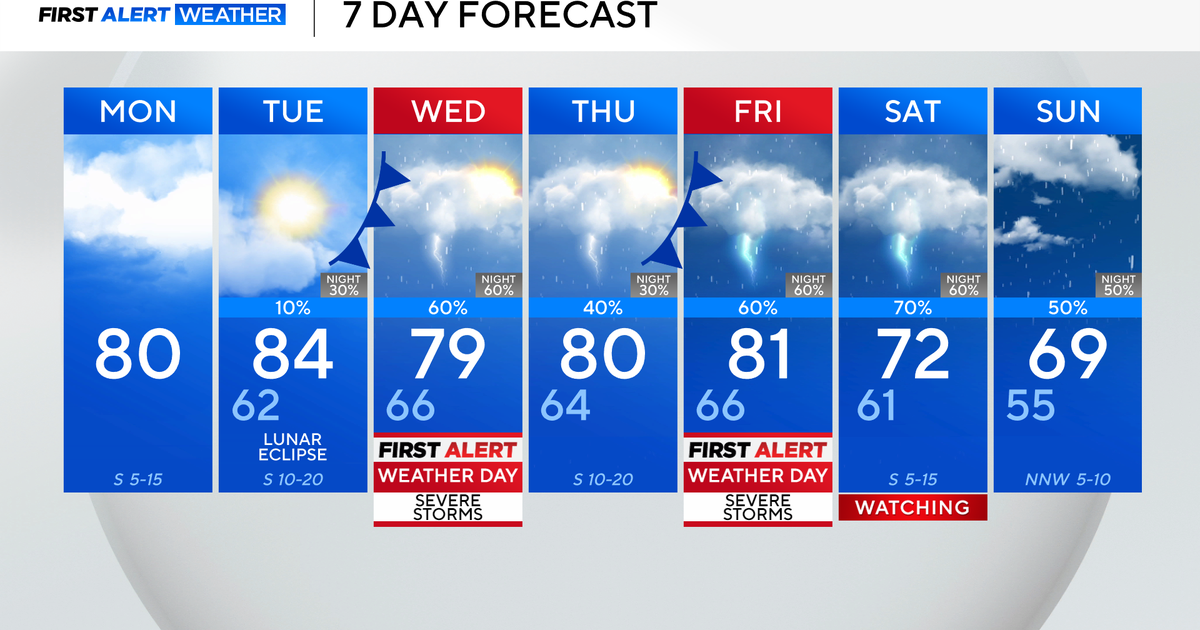One month after storm inundates Chicago with floods, volunteers step up on West Side
CHICAGO (CBS) -- Wednesday marks one month since a record-breaking storm caused severe flooding in homes across the Chicago area – and weeks later, many people are still dealing with damage.
As CBS 2's Marybel González reported Tuesday, volunteers are stepping in to help.
"Some of these people are in immediate need," said community organizer Princess Shaw.
For weeks now, Shaw and a group of volunteers have been cleaning out the basements of those affected by flooding on Chicago's West Side. Almost a month since the flooding, mold is growing.
"It's horrible," Shaw said, "and so we've got to get this stuff out."
At one house the volunteers visited with CBS 2 in tow, it was unsafe for us even to go inside.
"We've seen some basements where you can't even pretty much just walk in there," Shaw said. "It's just been covered head to toe."
The volunteers are now risking their own health to help seniors most in need – people like Juanita Wheeler.
González: "Ae you worried about your health, being in your home, now with the mold growing?"
Wheeler: "Yes, I am - because I'm not able to do it, and I don't have anybody to do it."
But help could be on the way. Earlier this month, the Illinois Emergency Management Agency conducted an assessment of the damage.
Greg Nimmo, recovery division chief with the IEMA, said the agency has determined there is enough damage to ask President Joe Biden to declare a disaster.
"Should that be approved, all 5.2 million residents within Cook County would be eligible for this grant program under individual assistance," Nimmo said.
That assistance would come in the form of low-interest, long-term loans. There would also be grants available for those who do not qualify for such loans.
"Those are the folks that are referred to the individual assistance FEMA grant program – which, again, would be a case-by-case evaluation," Nimmo said.
But there is no telling how long the process could take – and residents say help cannot come soon enough.
"To be able to put back what we've lost - that's my main concern," said Roger Carter.







